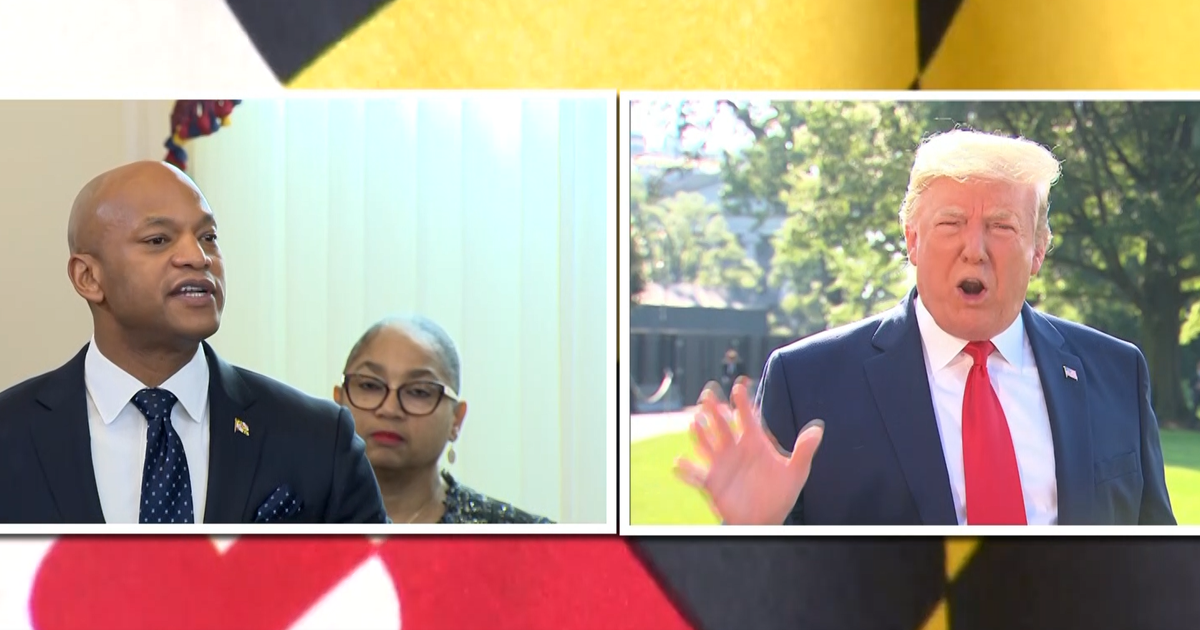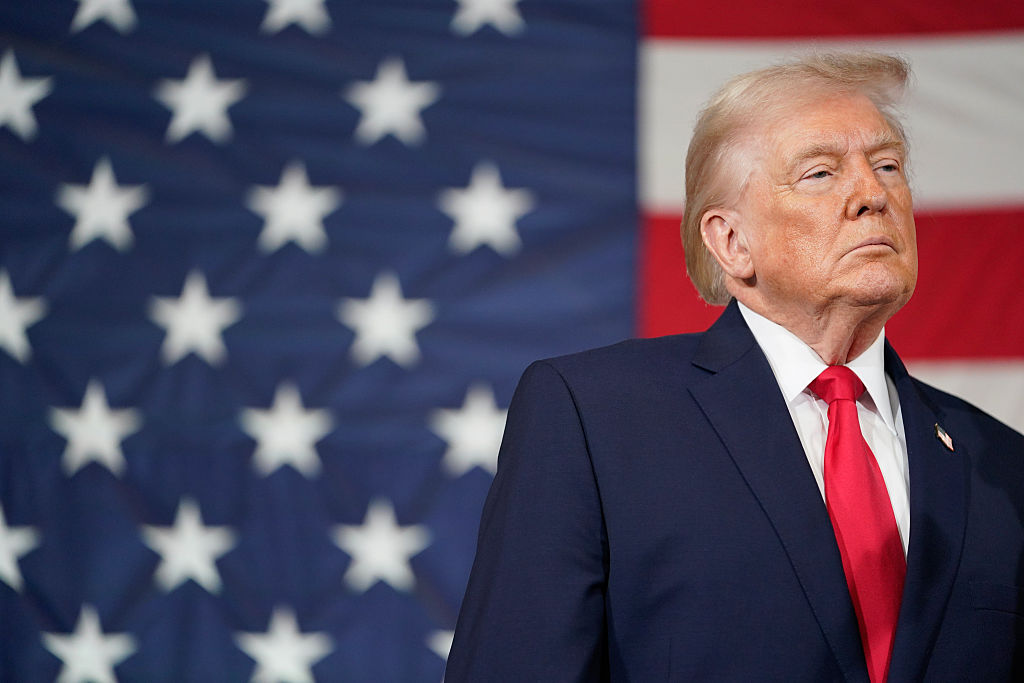A$AP Rocky testifies he tried to "de-escalate" situation before brawl in Sweden
Stockholm, Sweden—American rapper A$AP Rocky testified Thursday at his assault trial that he did everything possible to avoid conflict with two men he says persistently followed the artist's entourage in Stockholm, and that one of the men picked a fight with one of his bodyguards.
Rakim Mayers, the rapper's real name, is accused along with two other men believed to be members of his entourage of beating a 19-year-old man, Mustafa Jafari, in central Stockholm on the evening of June 30. The rapper, 30, pleaded not guilty at the start of the trial Tuesday, saying he acted in self-defense.
During his testimony, Mayers told Stockholm District Court that Jafari and his friend refused to leave the entourage alone despite several appeals. He also claimed they appeared to be under the influence of drugs.
Wearing an all-green inmate uniform in the courtroom, Mayes pointed to an argument Jafari engaged in with one of his bodyguards near a fast-food restaurant as the impetus for the encounter. The rapper's entourage had stopped there to download an app to their phones to use electric scooters, which are widely available on the streets of Stockholm.
"After a while, my security guard started pushing him (victim) away, begging him to leave, go from there," said Mayers. He testified that he and his entourage just wanted to "de-escalate" the situation.
"Me and my crew told them that, listen, don't go where we are going, go the other way, we don't want any trouble," Mayers said. But he said that Jafari was persistent and just wouldn't go away.
"I assumed that these guys were under the influence of some kind of drug," Mayers told the court.
A full-scale brawl ensued a bit later at a nearby side street and prosecutors allege that Mayers and the two other suspects beat and kicked Jafari while he was on the ground, and that Jafari was hit with parts of a bottle.
As CBS News correspondent Roxana Saberi reports, Rocky posted videos to his own Instagram account prior to his arrest, showing himself and other members of his entourage repeatedly telling two men, including Jafari, to leave him and his friends alone and to stop following them.
But another video shows Rocky had thrown one of the men to the ground and then punched and kicked him several times, along with other members of his group.
Besides Mayers, Thursday's court session is reserved for testimony from the alleged victim, his friend, witnesses and Mayers' bodyguard. Mayers' mother, Renee Black, and several of his relatives were present at the courtroom.
The case has also drawn the attention of American celebrities and Mayers' fellow recording artists, including Sean "Diddy" Combs and Justin Bieber. A social media campaign for his release, #JusticeForRocky, was created soon after his arrest. Even President Donald Trump has voiced his opinion through is Twitter feed, creating a stir in U.S.-Swedish diplomatic relations.
Trump has spoken with Prime Minister Stefan Lofven on the phone, offering to personally guarantee A$AP Rocky's bail, but the Swedish leader said he couldn't interfere in a legal case. Sweden doesn't have a bail system and Mayers has stayed behind bars despite Trump's intervention. Trump has sent Ambassador Robert O. Brien, the U.S. special presidential envoy for hostage affairs, to Sweden to monitor the court proceedings.
Stockholm University law lecturer Dennis Martinsson told CBS News' Saberi that if Rocky is convicted, he's likely to be released on probation or spend three to five months in prison, rather than anything near the maximum possible sentence of two years.
Given the unusual Twitter intervention in the case by President Trump and other celebrities, including tweets from Mr. Trump suggesting that Rocky's race might have played a role in the arrest, Saberi asked Martinsson whether he believed the rapper was getting a fair trial.
"Yes, I'd say so," the law expert said. "I'd even go so far to say that his case has been fast-tracked in a way," he added, suggesting the country's justice system had taken "the international, sort of, pressure" into account.




